Whoa, what a month. I'll be honest... some days I feel like I've been hit by a truck, and other days I feel pretty calm and hopeful. Typically April is the busiest month of the year for my family. My husband and I both have increased workload (in a good way), but there is also heavy overlap of sports seasons for my kids and regular spring chores to do. This year, it has been almost the complete opposite in many ways, and yet we're still feeling stressed out (of course). So, we've had to rework and reflect on our coping strategies and just do the best we can each day.
One thing that seems to set me up for a more peaceful mindset is the amount of time I spend outdoors, especially in the sun, and offline. Another is trying for 10 minutes per day of meditation or yoga. What have been your sanity go-tos?
An image that is resonating with me right now is the metaphor of the caterpillar - you've probably seen this reference in a few places now. Caterpillars hatch from eggs and go about their lives eating, collecting nutrients and preparing. When the time is right, the caterpillar forms a pupa or chrysalis, where is undergoes major metamorphosis. Through this process, the caterpillar's form all but transforms into imaginal cells and nutritive goop. Using the imaginal discs to direct growth, and the surrounding nutrition, a new form takes shape and eventually a butterfly emerges. It is thought that as a society we may just emerge from all of this as a newly organized, and more beautiful version of humanity. Now that's a nice thought.
Of course, I am not making light of the grief and fear that has been felt across the board - from care providers, to essential workers, to the loss of normal, to juggling responsibilities, to heavy worries about a number of things - I know that people are struggling. I also know through the field of neuroscience, that we can change our experience by changing our thoughts.
By choosing to focus on love instead of fear, we can become butterflies.
- Love - feels calm, peaceful, grounded, open
- Fear - feels small, panicky, restricting, unsettled
So, to create a mindset of love:
- Be mindful and present
- Take care of yourself, as best as you can
- Treat your body well
- Give yourself a break
- Change the things that aren't working for you, find a new way, or let go of expectations
- Stick to positive comments online
- Vent or share your experience, but avoid prolonged negativity
- Ask for help
- Press pause
- Help someone else
- Drop off a gift for someone or reach out and let them know you're thinking of them
- Practice gratitude
The point is to just do the best you can in whatever way makes sense to you. It's about finding your own best way to cope, and doing it from a place of hope and compassion.
Please let me know if I can help you in any way.
Big hugs,
Dr. Christa
"Love opens you to the world, which allows you to bring in the joy, the energy and the happiness... Fear closes you down... Love enhances energy, fear shuts the energy down." ~ Bruce Lipton
Inspiration for this article has come from the work of Bruce Lipton, Joe Dispenza, and Christiane Northrup.
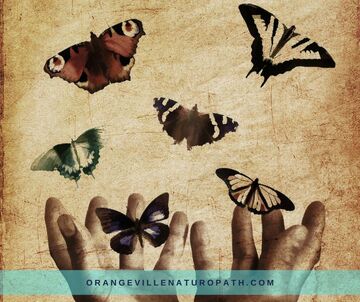
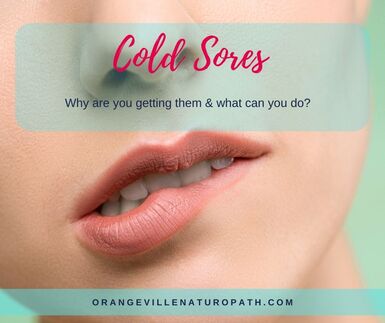
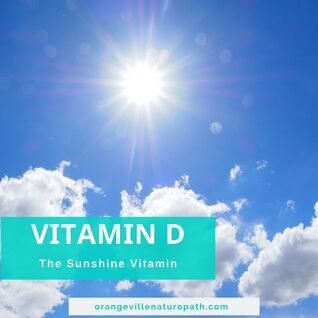
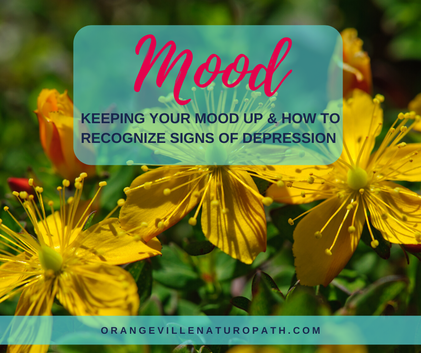
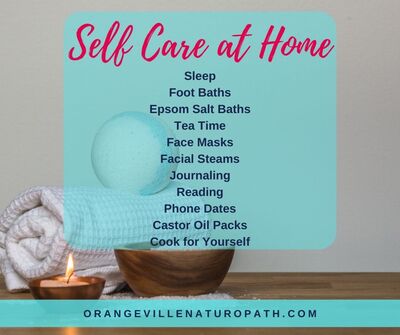
 RSS Feed
RSS Feed